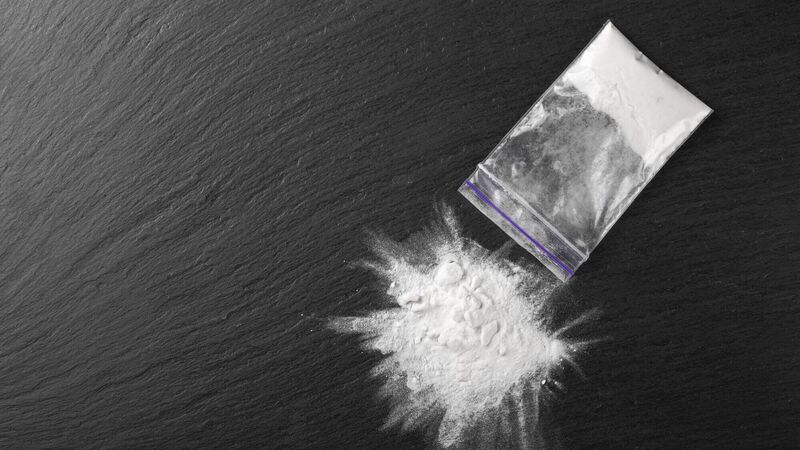Foreign gangs may muscle in on drug trade, researchers warn

'There’s a possibility that non-Irish organised crime groups may look to take a greater share, even perhaps dominance, of the cocaine market in Ireland, and possibly Northern Ireland, through underselling, undercutting existing suppliers with high-purity products.'
Major foreign drug gangs may try and muscle into the lucrative cocaine market in Ireland by underselling domestic suppliers or by filling gaps caused by the dismantling of Irish crime groups, according to new research.
The British-Irish analysis said this happened in the UK with the arrival of Albanian organised crime groups, which have global connections in drug trafficking.










